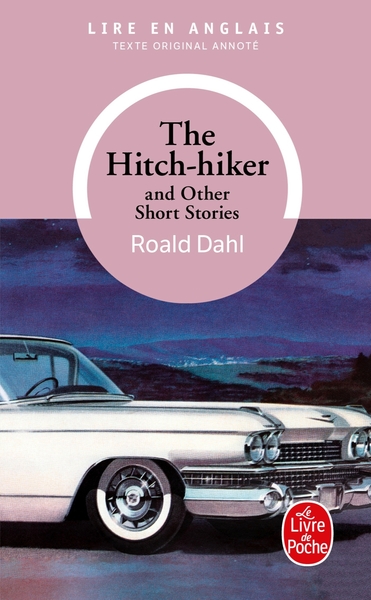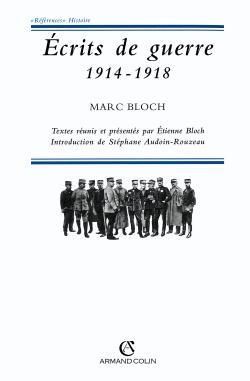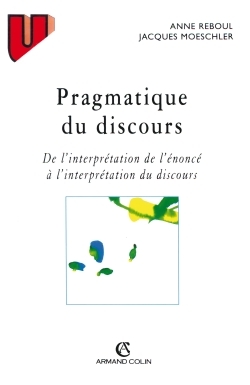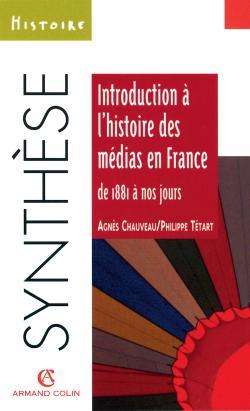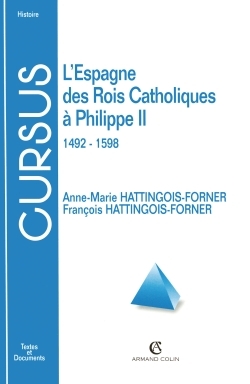The Tragedy of Coriolanus - William Shakespeare
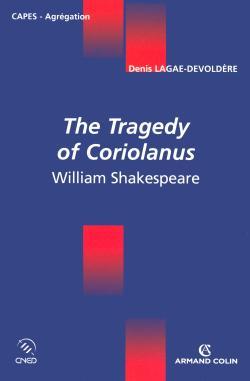
Description
Introduction?>"And here remain with your uncertainty" (3.3.125)Coriolanus: box-office poison??>In December 1933, after seeing a performance of Coriolanus presented at the Comédie Française, Colette, in her capacity as a dramatic critic, published a theatre review in which the eponymous hero was described as "ce grand homme faillible [...] dont le cœur ne fondit que d'amour filial"1. Along with illuminatingly cogent comments, her piece provides yet another interesting glimpse of the general malaise often surrounding Shakespeare's last tragedy. Although the writer describes the play as "classique dans sa simplicité, majestueusement conduit et facile à conter", she confesses to being somewhat baffled by the play, "cette tragédie qui déconcerte"2.Such perplexity has been one of the usual reactions to Shakespeare's ultimate tragedy3.A whole string of various flaws and defects has been reeled off about the play, whether it be a certain conceptual and metaphorical austerity, a large degree of poetic dryness and narrowness, its lack of transcendence or scope or want in imaginative sweep – shown in reduced (and possibly ironie) form in its hero's aristocratie hauteur. It is an understatement to say that Coriolanus has not been a popular play with the literary critics, who often reached the somewhat hasty conclusion that the play was obvious proof of Shakespeare's creative decline – as if breathlessness, mentioned at several points in the course of the play, were mimetic projections of the playwright's exhaustion4. The critical queasiness regarding Coriolanus was matched by the theatre world itself: as John Ripley writes, "the play's grim characters and unromantic action" made it "box-office poison" (Ripley 1987, 339).No doubt this negative perception partly accounts for the shadowy generic delineation of the tragedy, which can hardly be said to fit nicely into usual categories, as the different critical apprehensions show – thus mimicking the very situation of Coriolan himself. Much has been said about Samuel Johnson's comment that Coriolanus was "one of the most amusing of our author's performances" (1765), although the adjective meant "interesting" rather than comic (Brockman 25). George Bernard Shaw, who did know one or two things about comedy, deemed Coriolanus the best of Shakespeare's comedies, thus paving the way for interpretations of the grotesque dimension of the play (Burke). Others, such as Oscar James Campbell, argued that its meaning can only be made obvious through a satirical reading of it, whereas, in the wake of Farnham's analysis, some viewed Coriolanus as a partly failed attempt at exploring the limits of tragedy.Such an air of generic indeterminacy entailed a wealth of contradictory interpretations, and throughout history many a stage director presented his own "vision" of the play. More often than not such visions resulted in reifying the original text into a tool of ideological propaganda meant to enhance topical political issues. Coriolanus, itself a play on manipulation, thus became the object of outrageously prejudiced doctrinaire manipulation. During the Restoration period, Nahum Tate, whose claim to fame lies mainly in his rewriting King Lear with a happy ending, presented in 1681 The Ingratitude of a Commonwealth; Or, The Fall of Coriolanus – a mangled version of the original text and a manifesto against the "factious" anti-Catholic riots breaking out in the wake of the so-called Popish plot. The manifest intent of this new Coriolanus appears in the Dedication of the play: denouncing "Faction," duly allegorized as a "monster," Tate promotes an antidemocratic orthodoxy rooted in absolute "loyalty [...] submission and adherence to establisht lawful power"5. A typical Tory (conservative) verging on stereotype, Tate puts the blame on the plebeians who dare revolt against their most glorious representatives.Interestingly enough, John Dennis drew from the same anti-Catholic fears to present another version of Coriolanus with a totally different take: in his 1719 version, Aufidius has turned into a true patriot whereas Tate had made him a villain, and this time around it is Coriolanus himself who gets the full blame, because he betrays his homeland and meddles with foreigners6. This whig adaptation is, not surprisingly, entitled The Invader of his Country; Or, The Fatal Resentment. The plebeians are idealised and shown as having the right to choose a sovereign after their hearts – an obvious criticism of King James II Stuart and his supporters, which the 1688 Glorious Revolution had swept away, and a reminder of the Jacobite rebellion of 1715 and its abortive attempt to restore "James III", the "Old Pretender" of the Stuart dynasty. Tate's and Dennis's political adaptations, the former fanatically tory, the latter equally fanatically anti-Jacobite, show how an identical core material can be used topically towards diametrically political ends7. Although there is much to be learnt from them, it is quite impossible here to delve into the manifold illustrations of the shifting tides of critical interpretation and political leanings of the play up to the 20th century. Is it a play about the dangers of fascism, as some productions portraying the eponymous hero as a potential dictator suggested?8 Conversely, is it a play about class struggle – a perspective conducive to Marxist interpretations -, where the oppressed plebeians and their plight must be given full prominence, as Bertolt Brecht thought? Or could it be that, on the margins of the political drama, the whole tragedy actually boils down to the conflict between an immature son in awe of a castrating virago of a mother? Either a right-wing biased vindication of oligarchy and traditional hierarchy or a pro-plebeian claim for egalitarianism as it increasingly became in the wake of Brecht's adaptation – although still unfinished at his death in 1956 –, either a high tragedy, a comedy or a debate, Coriolanus might as well be, in typical Shakespearean parlance, very much what you will9. In this respect, H. J. Oliver's statement that Coriolanus is "perhaps the least dated of Shakespeare's plays" (Oliver 57), thereby bringing the play's tumultuous stage history and its no less frantic scholar appreciation together, is very much to the point. The play therefore holds this very paradoxical position wherein its "universals are firmly rooted in the specific" (Parker 2).
Détails
Auteur: Denis Lagae-Devoldère
Editeur: Armand Colin
Collection: Coédition CNED/SEDES
Presentation: Broché
Date de parution: 23 Octobre 2006
Nombre de pages: 160
Dimensions: 16 x 24 x 1,0
Prix publique: 26,00 €
Information complémentaires
Classification: Livres pratiques > Méthodes de langues (hors scolaire)
Code Classification: 3802 > 3821
EAN-13: 9782200347321
Où trouver ce livre:

(Liste non exhaustives de librairies ayant ce livre en stock. Vous êtes un professionel du livre et souhaitez figurer sur cette carte ? Contactez nous ! )
Vous pouvez également vous raprochez d'une librairie proche de chez vous:



